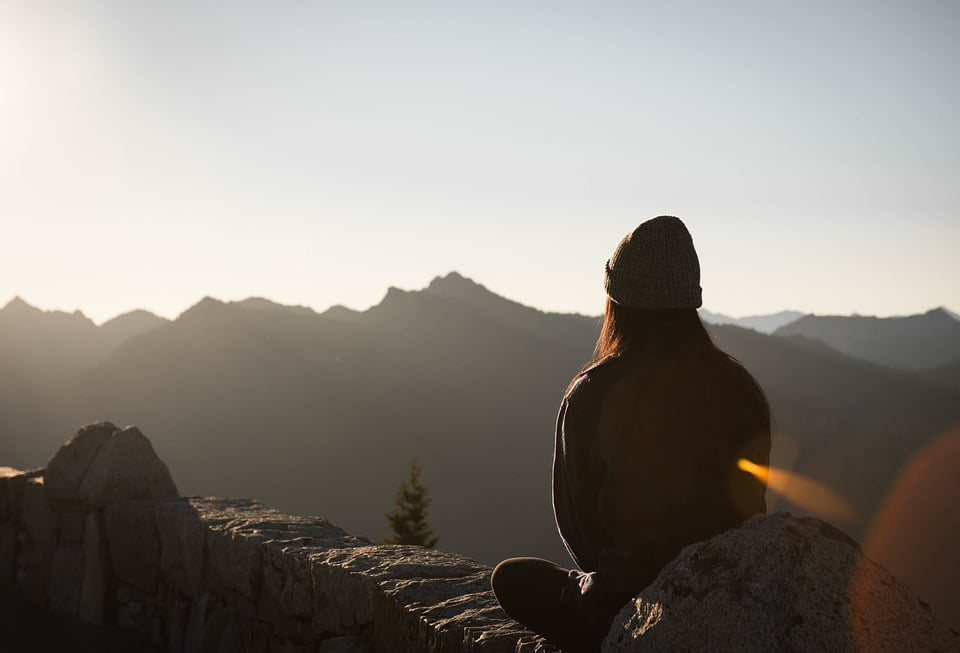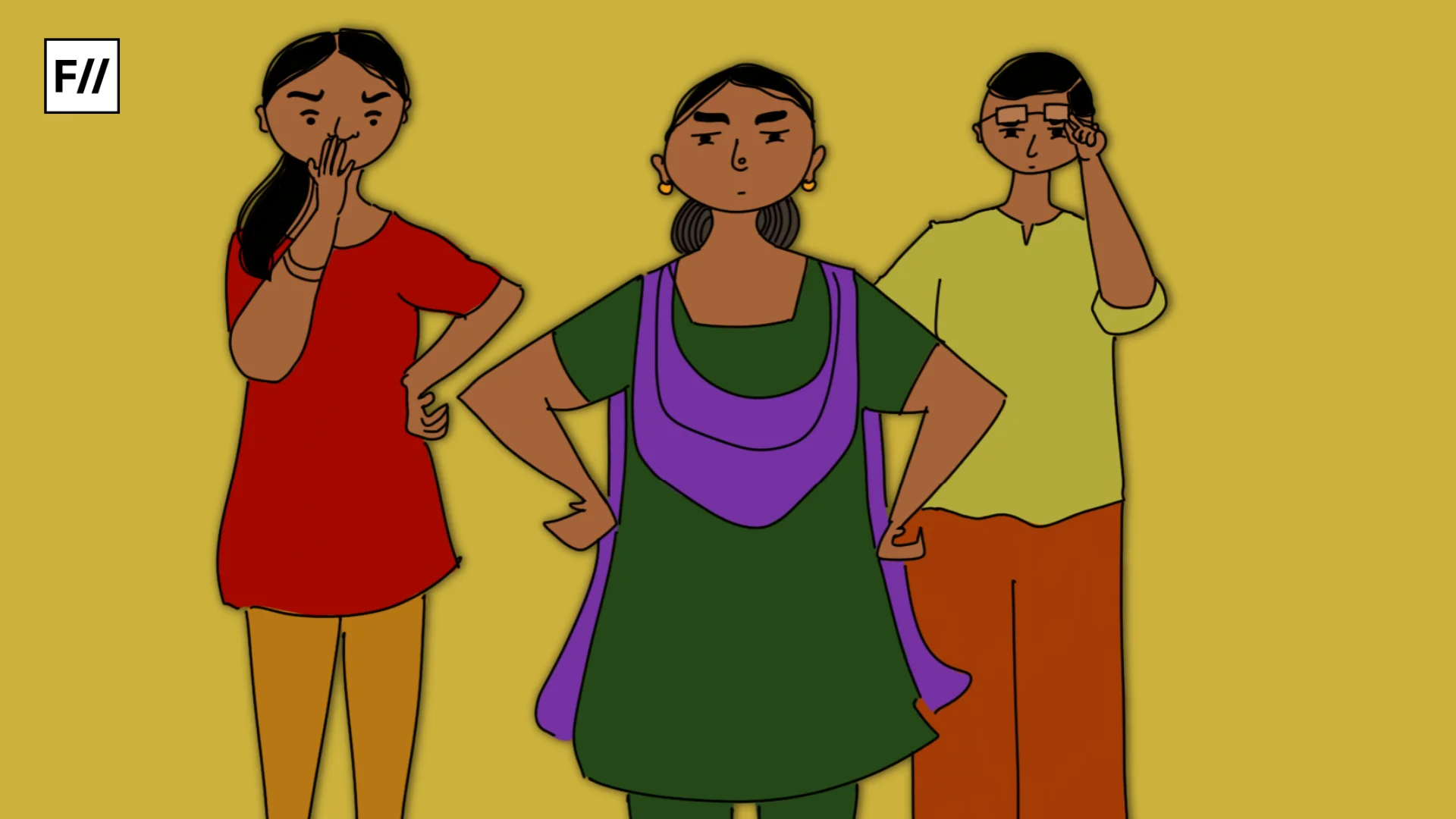“…I’m going to have to break an agreement that I didn’t really officially agree to sign in the first place: a document drawn up by a bunch of old white guys in a back room (the same group of old white guys who like to pass laws about our reproductive health and choices without us being there); that agreement says we are here to be of service to others, that our destiny is to live in the shadow of men, that we are simply objects of desire, and that we are willing to live with having our voices stifled again and again by the misogyny of our culture.”
– Tracey Ellis Ross at Glamour’s 2017 ‘Women of the Year’ Summit
I took off on my first solo trip the day after my 24th birthday. As I sat down for dinner in a cafe in an alien country (recommended to me by a friend who had also travelled by herself to this particular town), by myself, I felt incredibly conscious.
No one was staring. Eating alone (as well as generally being out alone in public) was a well-established practice in this particular culture. The paranoia was entirely in my head: Are people staring? What are they thinking? Do they pity me, a young woman out for dinner entirely by herself? Do I pity myself? Should I?
I’ve travelled solo multiple times since then. Solitude is often mistaken for loneliness, especially by those in our country. Our sense of privacy and personal space is extremely nascent (it’s taken 70 years of independence for privacy to be adjudged a fundamental right). But this is a false equivalence.
Solitude is often mistaken for loneliness, especially by those in our country.
I have felt incredibly lonely while in the midst of a crowd of so-called friends, but have never felt lonely with myself. After I returned from that trip a friend asked, “Didn’t you get bored, all by yourself?” “Not at all”, I replied.
If one is bored with one’s own thoughts surely that is a signal to enrich oneself further. If I cannot be comfortable with my own thoughts, how will I influence others’?
But this notion of solitude is necessarily gendered. There is nothing more threatening to the patriarchy than a woman alone. For a woman alone has the time, space and quiet to think her own thoughts.
To question the messaging that she has grown up with, that has been ingrained in her since childhood. To critically analyze all the little subtle ways in which patriarchy infiltrates every sphere of her life and perhaps even to reject them and come up with her own alternatives, and her own way of life.
Also Read: On Solitude, Sleep And Other Stories
All our lives we are taught, as women, to be in the service of others. As a child: help your mother in the kitchen and bring water for your father and uncles, but it’s alright if your brothers continue playing video games (portrayed perfectly in the short film Juice). As a teenager: help set the table and serve the food.
As a young adult: help with taking care of older family members or those who are unwell. As a wife: take care of your husband’s every need, sexual and otherwise, and serve your husband’s family well too. As a mother: look after each and every aspect of your children’s lives.
That is not to say these demands don’t fall on men too, but they fall disproportionately highly on women, and women’s worth is very much measured by how well they do at these metrics. This is closely linked to women often being perceived as belonging to others: first to the father, and after the Kanyadaan, to the husband. As a consequence, spending time alone, and belonging to oneself, is seen as a selfish act.
But it is in fact, a revolutionary one. When we spend time alone, we get the chance to be with and examine our own thoughts. I have spent vast quantities of time by myself over the past two years or so, even at the cost of disappointing one of my closest friends and an ex-flatmate by choosing to live by myself.
a woman alone has the time, space and quiet to think her own thoughts.
It has rewarded me not only with self-reflection but also self-love (literally and metaphorically…ahem). Every woman I know has body image and self-confidence issues, including myself. So it is a political act to love oneself as a woman today, and not constantly obsess about one’s weight, or physical attractiveness, or desirability.
But even more significantly, spending time with myself has led me to important realizations about which battles I want to fight, what my non-negotiables are. It has made me stronger, more courageous, more able to resist the innumerable societal pressures we as women face, from the largest ones like the pressure to marry (a man) and bear children to the smallest ones like the pressure to “sit properly”.
A 26-year old single female friend recently turned down my offer to join me and another friend on a trip, saying: “I just spent a month with my family. I need some time alone.” As feminists, we are constantly fighting: fighting status quo, fighting the patriarchy, fighting against the way it is and the way it has been for centuries, and for the way it should be. It’s exhausting. Solitude can be the best way to recharge.
So spend more time with yourself. Think critically about what everyone else is saying to (in some cases, screaming at) you, and do it in your own time and space. Come to your own thoughts and conclusions and decisions. Never apologize for it.
Also Read: Why I Will Not Apologise For My Solitude
Featured Image Credit: Pixabay
About the author(s)
Mini Saxena is a lawyer from Delhi. When she's not ranting about feminism, you can find her travelling solo, dancing like no one's watching, or reading.





The masculine and feminine are two aspects of life who you are. If you are too identified with one ,you will be half a life